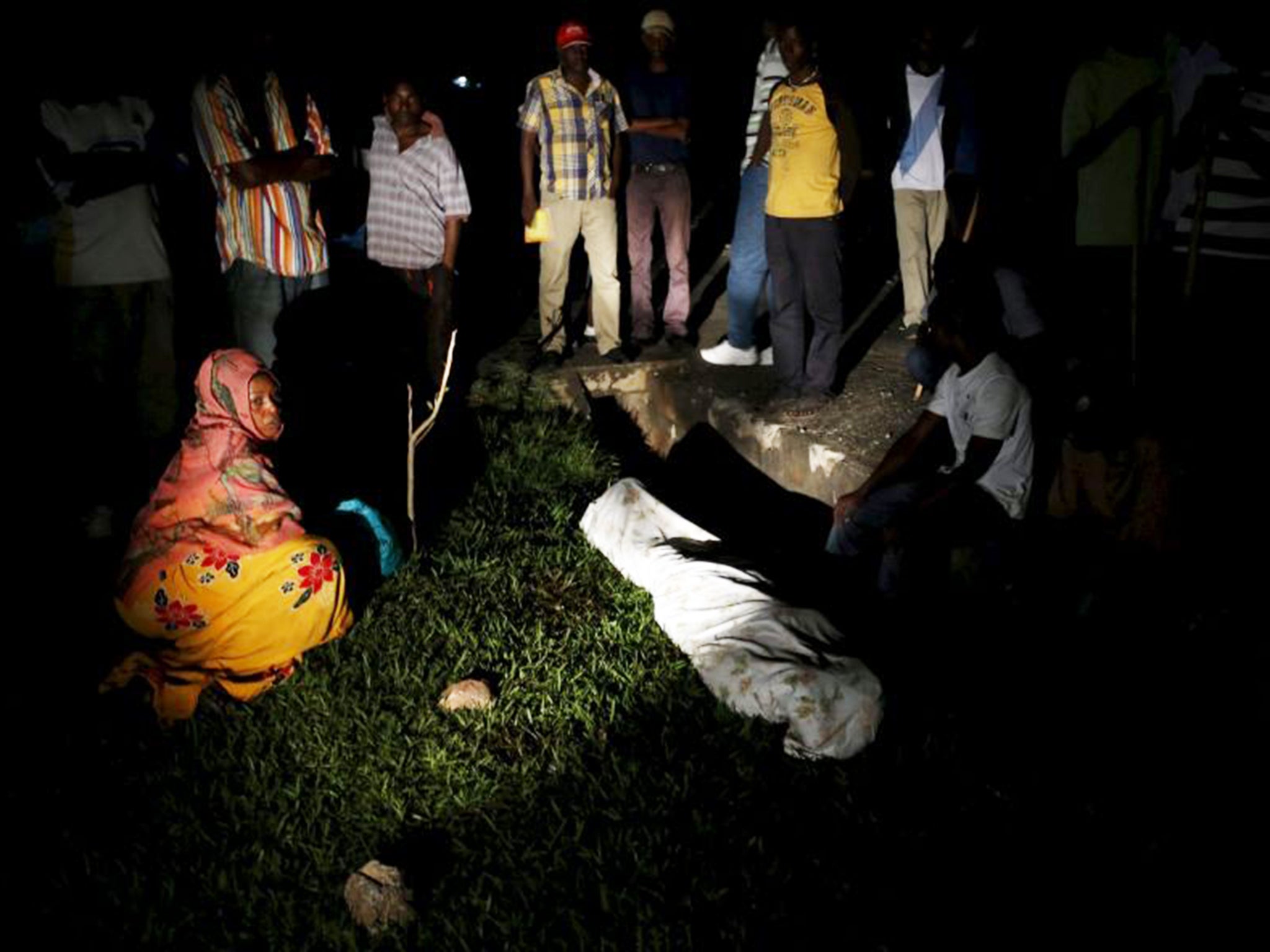Zedi Feruzi killed: Leader of Burundi opposition party shot dead in Bujumbura
The leader of UPD-Zigamibanga was killed in a drive-by shooting

Your support helps us to tell the story
From reproductive rights to climate change to Big Tech, The Independent is on the ground when the story is developing. Whether it's investigating the financials of Elon Musk's pro-Trump PAC or producing our latest documentary, 'The A Word', which shines a light on the American women fighting for reproductive rights, we know how important it is to parse out the facts from the messaging.
At such a critical moment in US history, we need reporters on the ground. Your donation allows us to keep sending journalists to speak to both sides of the story.
The Independent is trusted by Americans across the entire political spectrum. And unlike many other quality news outlets, we choose not to lock Americans out of our reporting and analysis with paywalls. We believe quality journalism should be available to everyone, paid for by those who can afford it.
Your support makes all the difference.The leader of a Burundi opposition party has been killed by unknown assailants in the nation's capital, Bujumbura, local media has reported.
Iwacu, a prominent news organization in Burundi, reported on its website that Zedi Feruzi of the UPD-Zigamibanga party was killed late on Saturday in a drive-by shooting in which at least one of his bodyguards also died.
Feruzi was outside his house when a car approached and its occupants sprayed him with bullets, according to Iwacu.
His killing, which took place in Bujumbura's Ngangara district, is likely to raise tensions in this Central African country that has been hit by political unrest since the announcement late last month that President Pierre Nkurunziza would seek another term in office.
There have been almost daily street protests in Bujumbura over Nkurunziza's third-term bid, a decision that also sparked a failed move by some senior military officers to oust the president.
At least 20 people have died and 431 people have been wounded in street protests against the president's decision to run in the elections scheduled for June 26.
Protesters say Nkurunziza's bid for a third term is illegal because the constitution only allows for two five-year terms, and some protesters are vowing to stay on the streets until Nkurunziza rescinds his decision to seek a third term.
Nkurunziza maintains he can seek re-election because parliament — not the people — elected him for his first term.
Amid the unrest, the international community has been urging Nkurunziza to delay the elections, and the U.S. has expressed disappointment over Nkurunziza's decision to seek more time in office.
Up to 200,000 Burundians have fled to neighboring countries, citing fears over political violence. Many of them have sought refuge in unsanitary refugee camps in Tanzania, where they also face a cholera outbreak in which more than 30 people have died in recent days. Others have fled to Congo and Rwanda.
Burundi, a poor country which exports mostly coffee and depends heavily on foreign aid, experienced an ethnic-based civil war from 1993 to 2003 which killed at least 250,000 people.
Observers say that, while the current crisis is mostly political, it may boil over into ethnic strife if political violence over the president's third term intensifies.
Nkurunziza, an ethnic Hutu, first came to power in 2005 and was re-elected unopposed in 2010 after an opposition boycott.
Associated Press
Subscribe to Independent Premium to bookmark this article
Want to bookmark your favourite articles and stories to read or reference later? Start your Independent Premium subscription today.
Join our commenting forum
Join thought-provoking conversations, follow other Independent readers and see their replies
Comments